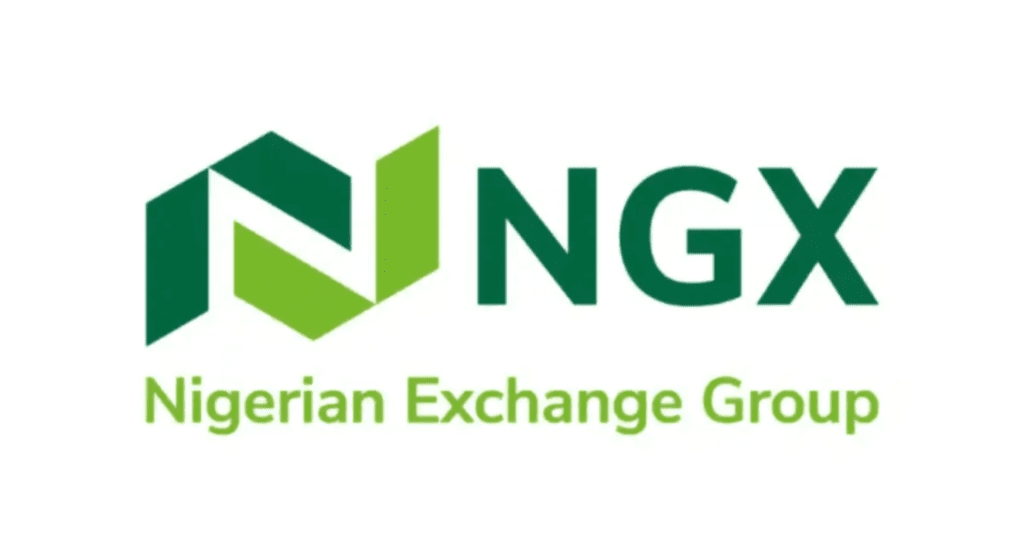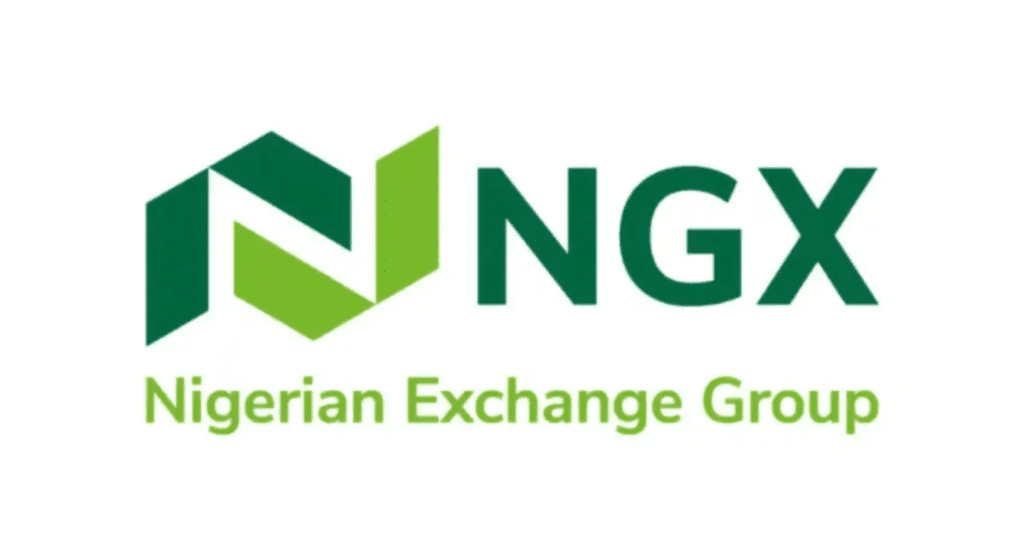Solar energy innovations are transforming the energy landscape across Africa, providing new opportunities to tackle energy poverty and boost economic growth.
The continent’s abundant sunshine, coupled with advancing technologies and global partnerships, positions solar energy as a key driver for sustainable development.
In this article, we will explore the latest breakthroughs in solar energy innovations and how they are shaping Africa’s energy future.
The Solar Energy Landscape in Africa
Africa holds some of the highest solar potential globally, yet over 600 million people in sub-Saharan Africa still lack access to electricity.
Addressing this energy gap is critical, and solar power has emerged as a central solution. Recent solar energy innovations, particularly in photovoltaic (PV) technologies, energy storage, and hybrid systems, are helping to overcome some of the challenges that have hindered large-scale solar adoption in the past.
Countries like Kenya, South Africa, Morocco, and Nigeria are leading the charge with ambitious solar projects, setting the stage for a greener and more resilient energy infrastructure.
These projects are critical not only to meet energy demands but also to achieve the United Nations’ Sustainable Development Goal #7: ensuring access to affordable, reliable, and sustainable energy for all by 2030.
Breakthrough Innovations in Solar Energy
1. Solar Photovoltaic (PV) Systems
The development and deployment of solar PV systems have taken significant strides in Africa. These systems, which convert sunlight directly into electricity, are increasingly being utilized in both urban and rural areas.
Innovations in PV technologies have led to more efficient, cost-effective panels that can generate higher power output with fewer resources.
For instance, Kenya’s Katito Demo Site, under the Smart Energy Solutions for Africa (SESA) project, demonstrates how solar PV can be applied to decentralized energy systems.
These systems are particularly beneficial in rural regions where traditional grid infrastructure is lacking. By harnessing solar energy through mini-grids and microgrids, communities in these areas are able to access reliable power for the first time.
2. Energy Storage and Battery Solutions
One of the major challenges facing solar energy has been its intermittency—solar power generation is not available at night or on cloudy days.
Recent innovations in energy storage, particularly battery energy storage systems (BESS), are helping to mitigate this issue. BESS technologies allow solar energy to be stored and used when needed, ensuring a continuous power supply even during non-sunny hours.
For example, Mozambique is developing solar PV and BESS projects to ensure energy reliability. Similarly, the use of second-life electric vehicle batteries in energy storage systems is gaining traction, particularly in countries like South Africa, which is leading in solar-plus-storage initiatives.
3. Hybrid Solar Systems
Hybrid systems, which combine solar with other renewable energy sources, are another exciting development. These systems integrate solar power with wind, hydro, or even traditional fossil fuel sources to ensure consistent energy supply.
A notable example is Ghana’s Solar-Hydro Hybrid Project, which leverages both solar and hydroelectric power to provide a more reliable and sustainable energy solution for the country.
These hybrid solutions not only enhance energy security but also reduce carbon emissions, making them a key innovation in Africa’s energy transition.
4. Solar-Powered Microgrids
Microgrids are localized energy systems that can operate independently from the national grid, providing a decentralized approach to energy distribution.
In Africa, solar-powered microgrids are proving to be game-changers, especially for remote communities with limited access to electricity. These systems are often equipped with energy storage, enabling them to provide continuous power.
Countries like Nigeria and Rwanda are implementing microgrid solutions to bring solar power to underserved regions.
In Rwanda, the SESA project’s living labs are helping to test and scale solar microgrids that can be replicated across the continent, providing a model for sustainable and affordable energy access.
5. Agri-Solar Innovations
Africa’s agricultural sector is also benefiting from solar energy innovations. Agri-solar, or the combination of solar power with agricultural practices, allows farmers to generate electricity while using the same land for crop production.
South Africa, for instance, is home to one of the largest agri-solar plants in the region. This innovative approach maximizes land use, boosts energy production, and increases food security.
Solar-powered irrigation systems are also becoming more widespread, enabling farmers to pump water using clean energy. These systems are particularly valuable in arid regions, where water scarcity is a major challenge.
The Role of Policy and Partnerships
While technological innovations are crucial, policy support and international partnerships are also key to advancing solar energy in Africa.
Governments across the continent are increasingly recognizing the importance of solar energy in achieving energy independence and climate resilience. Several countries have introduced policies and incentives to attract private investment in the solar sector.
Additionally, international collaborations are playing a significant role in scaling up solar projects. Initiatives like Power Africa, supported by the U.S. government, and the European Union’s Horizon 2020 program are providing funding and technical assistance to accelerate solar adoption in Africa.
For instance, Namibia has secured a $138.5 million loan from the World Bank for a landmark renewable energy project, which includes significant solar energy investments.
Partnerships like these are crucial for overcoming financial barriers and ensuring the long-term sustainability of solar initiatives.
Challenges and Opportunities
Despite the progress, there are still several challenges to widespread solar adoption in Africa. Economic constraints, regulatory barriers, and inadequate infrastructure continue to hinder the deployment of large-scale solar projects. However, the growing interest in decentralized solutions, such as microgrids and off-grid solar systems, presents a unique opportunity to overcome some of these obstacles.
Moreover, as solar technology becomes more affordable, Africa is well-positioned to leapfrog traditional energy systems and embrace a future powered by renewable energy.
The continent’s vast solar potential, combined with innovative solutions and supportive policies, makes solar energy a key driver for economic growth and sustainable development.
The Future of Solar Energy in Africa
As Africa continues to innovate and invest in solar energy, the continent is on the verge of a renewable energy revolution. With continued advancements in solar PV technologies, energy storage, and hybrid systems, the potential for solar energy to transform Africa’s energy landscape is immense.
Looking ahead, solar energy innovations will not only help to bridge the energy access gap but also contribute to economic development, job creation, and environmental sustainability. By embracing these innovations, Africa is paving the way for a brighter, more sustainable future.
In conclusion, solar energy innovations are shaping Africa’s energy future in profound ways. From PV systems to energy storage solutions and agri-solar projects, these advancements are providing new opportunities for sustainable development and energy access across the continent.
With the right policies and partnerships in place, solar energy will continue to be a driving force in Africa’s journey towards a greener and more prosperous future.
Government Regulations on Solar Energy Innovations in Africa
As African countries have been making significant progress in adopting solar energy innovations In recent years, Governments are introducing regulations and policies that encourage the development and implementation of renewable energy projects, including solar energy.
While each country has its own set of regulations, the common goal across the continent is to promote solar energy as a means to improve energy access, boost economic growth, and reduce carbon emissions.
This follow-up article will highlight the regulatory landscape in some of the key African countries mentioned in the earlier article: Kenya, South Africa, Ghana, Namibia, and Nigeria.
Solar Energy Regulations in Kenya
Kenya has emerged as a leader in renewable energy, particularly in the development of solar power. The Kenyan government has implemented several policies to support solar energy projects.
One of the most important regulations is the Energy Act 2019, which provides a legal framework for the development of renewable energy sources, including solar.
This act promotes the use of decentralized energy solutions such as mini-grids and solar home systems, which are particularly important in rural areas where access to the national grid is limited.
In addition, the Kenya National Electrification Strategy aims to achieve universal access to electricity by 2022, with solar energy playing a critical role.
The government has also provided incentives such as tax exemptions for solar energy equipment, making it more affordable for businesses and households to invest in solar power.
South Africa’s Regulatory Framework for Solar Energy
South Africa is another country at the forefront of solar energy innovation. The country’s Renewable Energy Independent Power Producer Procurement Program (REIPPPP) is a key regulatory initiative aimed at promoting the development of renewable energy projects, including solar.
The REIPPPP allows private companies to develop solar power plants and sell electricity to the national grid, thereby increasing the share of renewable energy in South Africa’s energy mix.
The National Energy Regulator of South Africa (NERSA) oversees the regulation of the energy sector, ensuring that solar energy projects comply with safety, environmental, and technical standards.
South Africa also offers incentives such as feed-in tariffs and tax breaks for companies that invest in solar energy, helping to accelerate the adoption of solar technologies.
Solar Regulations in Ghana
Ghana has made notable progress in renewable energy development, particularly in solar power. The country’s main regulatory framework for solar energy is the Renewable Energy Act 2011. This law provides the foundation for the promotion and regulation of renewable energy sources, including solar.
The act establishes the Renewable Energy Fund, which supports the development of renewable energy projects through grants and loans.
Additionally, the Ghana Energy Commission is responsible for issuing licenses for solar energy projects and ensuring that all installations comply with national standards.
The government is actively working to increase solar energy’s contribution to the national grid, particularly through hybrid systems such as the Solar-Hydro Hybrid Project. Ghana is also providing incentives to encourage private sector investment in solar energy.
Namibia’s Solar Energy Policies
Namibia has also implemented regulations to promote solar energy. The country’s government has developed the National Renewable Energy Policy, which aims to increase the share of renewable energy in the country’s energy mix. Solar power is a major focus, particularly given Namibia’s high solar potential.
The Namibia Energy Regulatory Authority (NERA) oversees the licensing and regulation of solar energy projects in the country. In addition, the Namibian government offers incentives for businesses and households that invest in solar energy systems.
Tax breaks and subsidies are provided for the importation and installation of solar equipment, helping to reduce the cost of solar energy solutions.
Namibia’s recent collaboration with the World Bank to finance renewable energy projects, including solar, reflects the country’s commitment to advancing its solar energy capacity.
Nigeria’s Solar Energy Regulations
Nigeria, as Africa’s most populous country, has also been making strides in solar energy development.
The Electric Power Sector Reform Act 2005 provides the legal framework for the generation and distribution of electricity in Nigeria, including solar power. Additionally, the National Renewable Energy and Energy Efficiency Policy (NREEEP) encourages the use of renewable energy technologies, with a particular emphasis on solar energy.
The Rural Electrification Agency (REA) in Nigeria is tasked with promoting decentralized solar energy solutions, such as mini-grids, to improve electricity access in rural areas.
The government has introduced several initiatives, such as the Nigeria Electrification Project (NEP), which aims to increase the use of solar power in underserved regions. Nigeria also provides incentives, such as tax exemptions for solar energy equipment, to encourage investment in the sector.
Challenges and Opportunities for Solar Energy Regulation in Africa
While many African countries have made significant progress in developing regulatory frameworks to support solar energy, challenges remain.
In some countries, bureaucratic processes and regulatory hurdles can slow down the development of solar projects. Additionally, the high cost of financing and limited access to capital can hinder the growth of the solar sector.
However, the potential for solar energy in Africa is immense, and governments across the continent are taking steps to address these challenges.
By streamlining regulations and providing incentives for investment, African countries are creating an enabling environment for solar energy innovations to thrive
. The increasing focus on decentralized energy solutions, such as mini-grids and off-grid solar systems, presents a unique opportunity to expand energy access in rural areas.
Conclusion
The solar energy landscape in Africa is evolving rapidly, with governments across the continent implementing regulations and policies to promote the adoption of solar technologies.
Countries like Kenya, South Africa, Ghana, Namibia, and Nigeria are leading the way with supportive regulatory frameworks that encourage investment in solar energy innovations. As solar technology continues to advance, these regulations will play a critical role in shaping Africa’s energy future, providing cleaner,





























